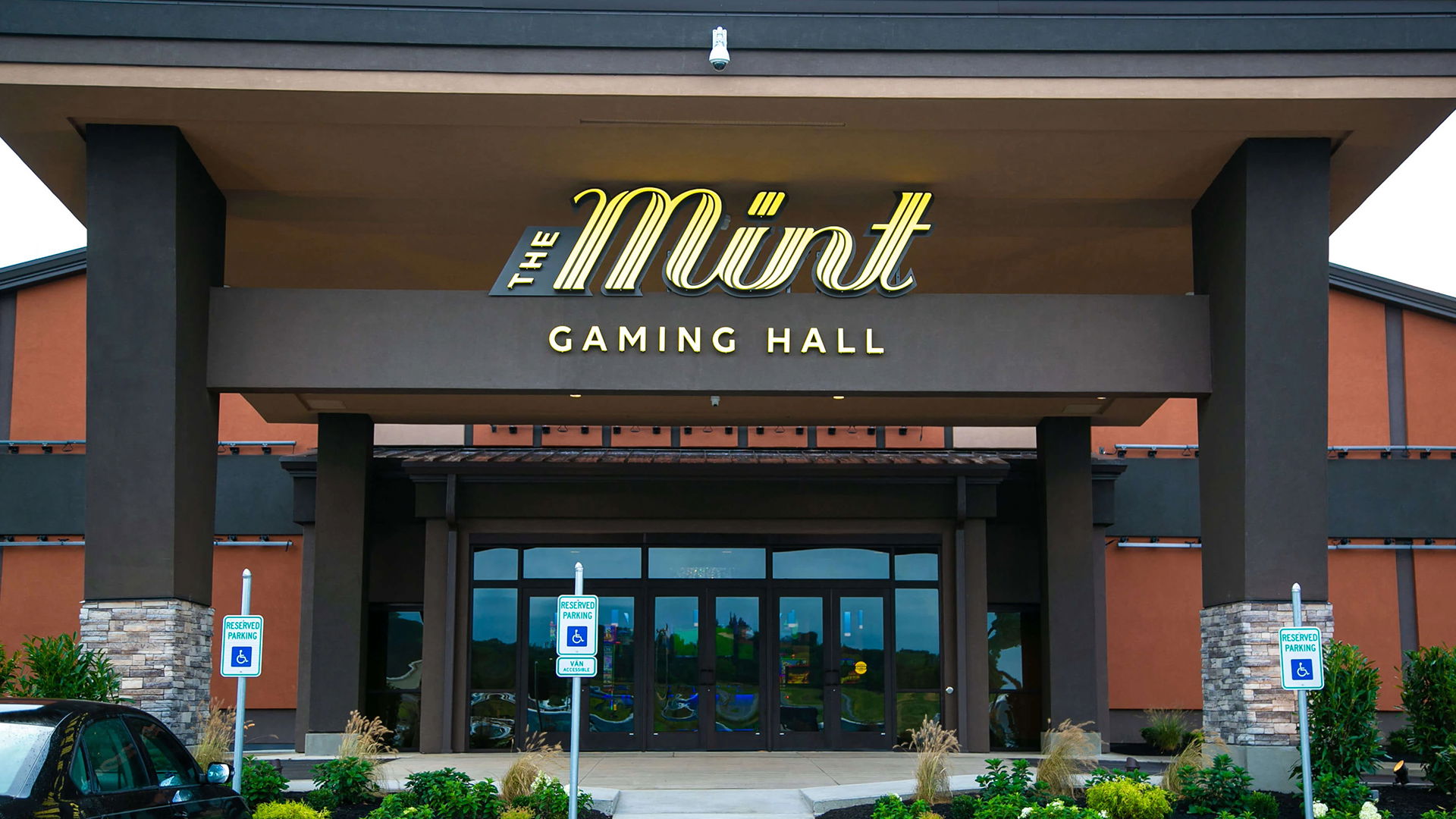California tribes sue Kalshi, Robinhood over alleged illegal sports gambling

Three federally recognized Native American tribes in California have filed a lawsuit against prediction market operator Kalshi and trading platform Robinhood, accusing them of illegal sports betting in violation of multiple federal laws.
The Blue Lake Rancheria, Chicken Ranch Rancheria of Me-Wuk Indians, and Picayune Rancheria of the Chukchansi Indians filed the complaint in the U.S. District Court for the Northern District of California on Tuesday, seeking preliminary and permanent injunctions to prevent the companies from offering prediction markets on tribal lands.
“Kalshi is engaging in sport gambling as defined by the IGRA and the Tribes’ Compacts, Procedures, and Ordinances,” the lawsuit states, referring to the Indian Gaming Regulatory Act (IGRA). The tribes also cite violations of the Federal Wire Act and Racketeer Influenced and Corrupt Organizations (RICO) Act.
Kalshi, which offers futures contracts on outcomes such as sports championships and individual game winners, has marketed itself as “The First Nationwide Legal Sports Betting Platform,” according to the complaint.
The legal filing challenges Kalshi’s claim that its markets are regulated exclusively by the Commodity Futures Trading Commission (CFTC). “Kalshi will claim that it is not offering sports gambling. Kalshi will tell the Court that it is a Designated Contract Market, regulated exclusively by the Commodities Futures Trading Commission (CFTC), and is merely operating a ‘prediction market’ that permits the buying and selling of ‘commodities contracts,’ or swaps on sporting events,” the lawsuit said.
“While masquerading as novel commodities and futures products, these event contracts are, substantively, nothing more than illegal, unregulated wagers on the outcomes of sporting events,” the tribes argue.
In a statement to Front Office Sports, a Robinhood spokesperson said: “Our event contracts are regulated by the CFTC and offered through Robinhood Derivatives, LLC, a CFTC-registered entity, allowing retail customers to access prediction markets in a safe, compliant, and regulated manner. So far, two federal courts have made initial rulings that the CFTC’s rules preempt other laws, and we intend to defend ourselves against these claims.”
This marks the latest legal front for Kalshi, which has received cease-and-desist letters from regulators in Maryland, Illinois, Montana, Nevada, New Jersey, and Ohio, and has filed lawsuits in several of those states.
Other suits have been filed in Kentucky, Ohio, Massachusetts, Illinois, and South Carolina, on behalf of residents seeking to recover gambling losses allegedly incurred on Kalshi, Robinhood, and related platforms.
The case further escalates tension between prediction markets and sports betting regulations, with analysts watching closely as mainstream betting firms show growing interest.
Kalshi has reportedly held talks with FanDuel, while DraftKings has considered acquiring Railbird Exchange, a licensed CFTC market. This week, Polymarket announced a $112 million acquisition of QCX, enabling its planned U.S. re-entry.


















































